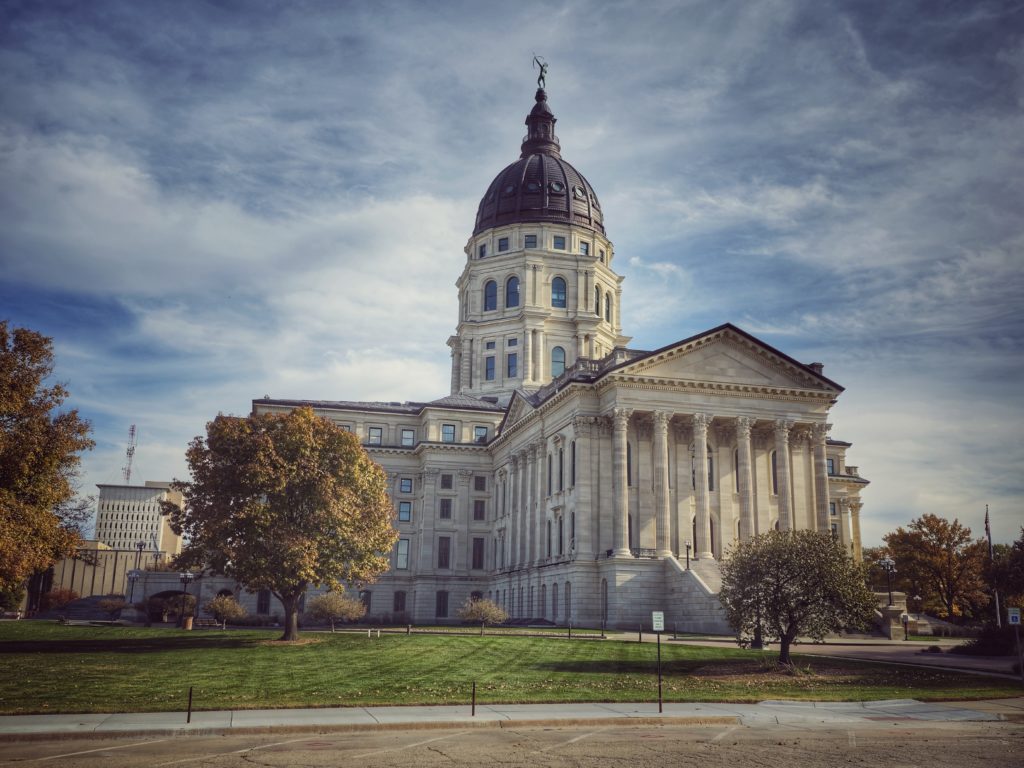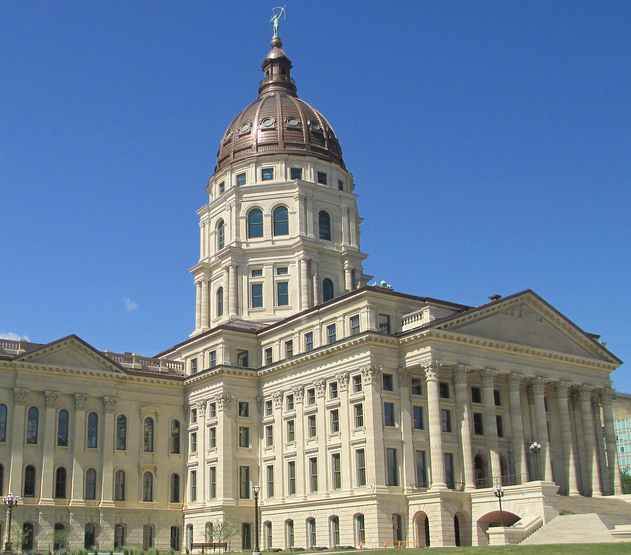
Week 5 at the Kansas Statehouse started with three pending deadlines and the anticipation of an increasingly busy schedule in the race to Feb. 23, better known as “halftime” or Turnaround Day for the 2024 legislative session. These pending deadlines included Feb. 5 as the last day for non-exempt committees to request bills to be drafted by the legislature’s non-partisan agency that does such, Feb. 7 as the last day for individuals to introduce bills, and Feb. 9 as the last day for non-exempt committees to introduce bills.
Although a couple of hectic weeks were expected in the wake of these deadlines, no one was anticipating the Kansas Supreme Court would release jurisdiction of the Gannon v. State school finance case. This is concerning for several reasons. We all know the legislature had to be compelled to fund public schools at constitutional levels. As long as the court retained jurisdiction over the case, the plaintiffs had an avenue to quickly appeal should the legislature decide to inadequately address the issue of school funding. Without this accountability, it could take years for a wrong decision of the Kansas Legislature to be made right.
Should we panic? Not at the immediate moment. However, given the history of the legislature’s failure to suitably fund public education, we shouldn’t take this lightly, either. To say we are concerned is an understatement. Apparently at least one justice on the Kansas Supreme Court agrees with us. Justice Eric Rosen dissented from the majority. The order said Rosen would have preserved the court’s control of the case given “legislative history of school funding” in Kansas.
It seems like our significant concerns are already starting to be warranted. The ink hasn’t dried on the court order releasing jurisdiction of the school funding case and the legislature is already hearing several bills this week that are not consistent with our values.
HB 2738, being heard this Wednesday, Feb. 14, in the House Committee on K-12 Education Budget, would completely revise the current special education formula. This bill is reminiscent of the fuzzy math and accounting gimmicks utilized throughout the Brownback era. The bill would take current levels of funding (69% of excess costs) and manipulate the law in a way that would allow the state to falsely claim it is funding the excess cost of special education at 109% without adding a penny of new spending. The proposed excess cost calculation in HB 2738 is $82 million dollars less than what is contained in Gov. Laura Kelly’s budget recommendation.
SB 437, also being heard on Wednesday in the Senate Education Committee, is the first shoe to drop in the 2024 voucher debate. This bill significantly expands the Kansas Education Enrichment Program, or KEEP. KEEP was Gov. Kelly’s initiative that was launched in February of 2023. It provided qualifying parents and guardians with a $1,000 award per student to pay for educational goods and services such as tutoring, school supplies, camp, and music lessons. Awards were not eligible for private school tuition. The program used federal COVID relief funds and was never intended to be permanent. Currently the KEEP program is not taking new applicants and is slated to phase out. Pro-voucher forces want to expand the program by making it permanent and appropriating $100 million dollars of state general fund dollars to fund the program. The new bill also adds language that is broad enough to allow private schools to qualify for disbursements. This is a maneuver KNEA has been concerned about for some time. Proponents are likely to consistently refer to this as the Governor’s plan and dodge the word “voucher” during the debate (even though the bill refers to the program expenditures as voucher expenditures). Make no mistake, SB 437 is a full-fledged voucher bill.
If those two bills alone weren’t enough, the legislature is scheduled to hear several more controversial bills this week. HB 2700 would allow appointed politicians to regulate our school libraries. SB 390 and SB 391 are best described as anti-vaccine and anti-quarantine bills. And SB 373 is just another attempt in a decade-long quest to silence the voice of public employees by preventing the institutions they work for from lobbying the legislature. This long list of entities includes school districts. Add two bills that were heard last week (SB 407 and HB 2521) that are designed to allow non-accredited, for-profit companies to circumvent the teacher licensing process, one could say it hasn’t been a great couple of weeks for public education.
We will keep you posted with additional information and possible calls to action as warranted. Stay tuned.



